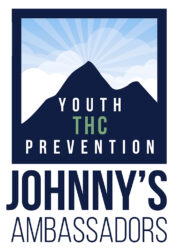
The Adolescent Brain Cognitive Development (ABCD) study is the largest long-term research study on brain development and child health in the United States. The study—which started collecting data in 2017—will follow nearly 12,000 American children from ages 9 or 10 into early adulthood. It presents a unique opportunity to better understand how exposure to substances, like cannabis, can affect development.
And the study has already delivered results. In March 2024, one group of researchers pulled recent follow-up data from the ABCD study to explore the effects of cannabis use on neurocognitive performance. The researchers included Natasha E. Wade (a University of San Diego professor specializing in substance abuse on adolescent and emerging adult neurodevelopment), Alexander L. Wallace (a co-author of numerous studies on cannabis use); and Marilyn A. Huestis (a toxicologist who conducted human drug administration studies for 23 years at the National Institute on Drug Abuse).
The group studied hair samples from the ABCD study and found that 123 were either positive for cannabinoids or came from teens who had self-reported using cannabis. They then compared the cannabis users to a control group of the same size—and found that the youth who had used cannabis performed less effectively in memory tasks.
These tasks had to do with various types of memory:
- Verbal memory — Related to words, names, or spoken instructions
- Inhibitory memory — Related to being able to suppress irrelevant information
- Working memory — Related to following directions or solving problems
- Episodic memory — Related to storing memories of specific life events
Memory isn’t the only negative health outcome studies have reported on cannabis use in teens. Cannabis has also been shown to cause anxiety, bipolar disorder, addiction (also called cannabis use disorder, or CUD), and much more. The researchers will continue following the ABCD study to determine more long-term effects of cannabis use—an urgent need, considering the current lack of cannabis regulation.
To read the study in full, visit this page.

